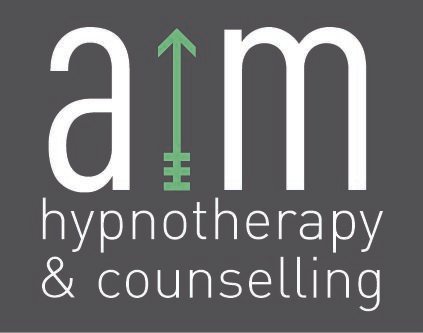1. Set the bar LOW.
When you’re depressed, you’re not functioning at your usual 70-90%. Rather, you’re sitting somewhere closer to 20%. If you set the same expectations for yourself that you had when you weren’t feeling depressed (which is sometimes just getting dressed), you’re going to feel anxious and overwhelmed, and probably won’t do the task you expected from yourself (and thus will feel defeated and ashamed).
Set SMALL AND SPECIFIC GOALS. Seriously. Unload the dishwasher. Heck, unload three glasses. Task completed and still itching for more? You can always raise the bar if you’re feeling particularly motivated. Take note that if you feel highly overwhelmed while tackling your goal, chances are it's too high and you need to lower it to something more realistic or specific.
2. Practice self-compassion.
Self-criticism is depression’s BFF. If you beat yourself up for being so “unproductive” and “lazy,” You’re going to keep yourself feeling like crap and thus, paralyzed. Try instead to use the same encouraging words you might use for a friend or loved one. If you can’t find the words, read more about self-compassion here.
3. Recruit support, or ask for help.
Some of us have trouble holding ourselves accountable at the best of times. With little motivation or energy, it’s that much harder. Confide in someone you trust, and ask for their help. Ask a friend to hold you to your commitment. Ask your partner to accompany to a yoga class. Pay for your support group, counseling appointment, or massage beforehand so you’ll be more motivated to attend.
4. Envision how you'll feel after the task.
Getting in the shower, going for a walk, preparing a meal, or hanging out with a friend seems like a very ominous task if you focus on the effort involved. People who are depressed generally have low self-efficacy, which means they have low confidence in their ability to perform tasks. As such, they tend to feel overwhelmed and avoid such tasks. Lower expectations for yourself within the task, and envision how you (might) feel after the task rather than during.
5. Make the goal to do it, not to enjoy it.
When you’re feeling depressed, it’s natural to lose interest in things that used to make you happy. Comedy is no longer funny, sports are no longer fun, spending time with friends is no longer engaging. Anxiety, depression, and self-loathing take over, leading to feelings of detachment and defeat. So, when doing something “fun” or “active,” do it with the goal to do it, not to enjoy it.
6. Acknowledge your courage for stepping out of your comfort zone.
As painful as it is, depression can be come comfortable in a “devil you know” kind of way. You know what to expect, for the most part. You know the pain, you’re in the pain, you can predict that tomorrow will be more of the same. The idea of stepping out of this comfort zone can be quite anxiety provoking. Steven Hayes, a psychologist whose work I admire said, “If you keep doing what you’ve always done, you’re always going to get what you’ve always gotten.” So, if you find you’re able to do something (even very slightly) different, congratulate yourself. There’s a good chance whatever you’re experiencing will come with anxiety, because anxiety accompanies uncertainty. Anxiety may be telling you you’re stepping out of the familiar routine of depression, so acknowledge your courage and try to bring such experiences forward in your journey.



